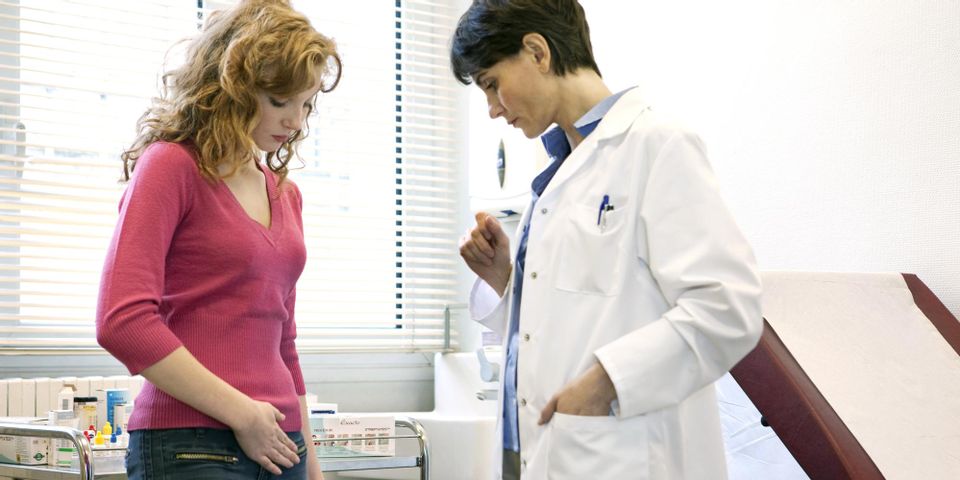
Urinary tract infections (UTIs) are characterized by an urge to urinate on a frequent basis as well as pelvic pain and a burning sensation when urinating. While UTIs are quite common, they are often misunderstood. Knowing the facts about this condition allows you to seek out the proper treatment as soon as possible.
What Should I Know About Urinary Tract Infections?
1. Men, Not Only Women, Can Get Them
Although it’s true that women have a greater chance of developing UTIs, men aren’t completely immune. The frequency with which women experience UTIs has much to do with the anatomical differences between men and women. However, men experience similar symptoms when infected and also require timely medical treatment to prevent complications, such as urethral narrowing.
2. They Have Nothing to Do With Hygiene
Improper hygiene does not cause UTIs. In fact, using harsh vaginal cleansers contribute, not limit, future infections. Deodorants or douches can disrupt vaginal bacteria necessary for good health and make way for damaging bacteria to take hold instead.
 3. They Are Not a Sexually Transmitted Disease
3. They Are Not a Sexually Transmitted Disease
UTIs can develop after sex, but sex is not the only way for infection to spread. For example, certain medical conditions, like diabetes, increases your risk. So does not drinking enough water, holding your urine for extended periods, and wiping back to front after using the restroom.
4. Antibiotics Are a Must
UTIs don’t just go away on their own. Increasing your intake of cranberry juice isn’t enough to knock out an infection either. You’ll need to visit a doctor to get a script for antibiotics, which should be taken as instructed, to rid yourself of a UTI.
In St. Louis, MO, Midwest Urogynecology can answer your questions about urinary tract infections, as well as many other women’s health issues. Dr. John P. Judd and the rest of his skilled urogynecology team provide general exams, including pap smears, to help women stay in tune with their sexual and reproductive health. They also treat conditions like urinary incontinence, endometriosis, ovarian cysts, overactive bladders, and many others. See the full listing of services by visiting their website, or call (314) 596-9955 to schedule an appointment.
About the Business
Have a question? Ask the experts!
Send your question

